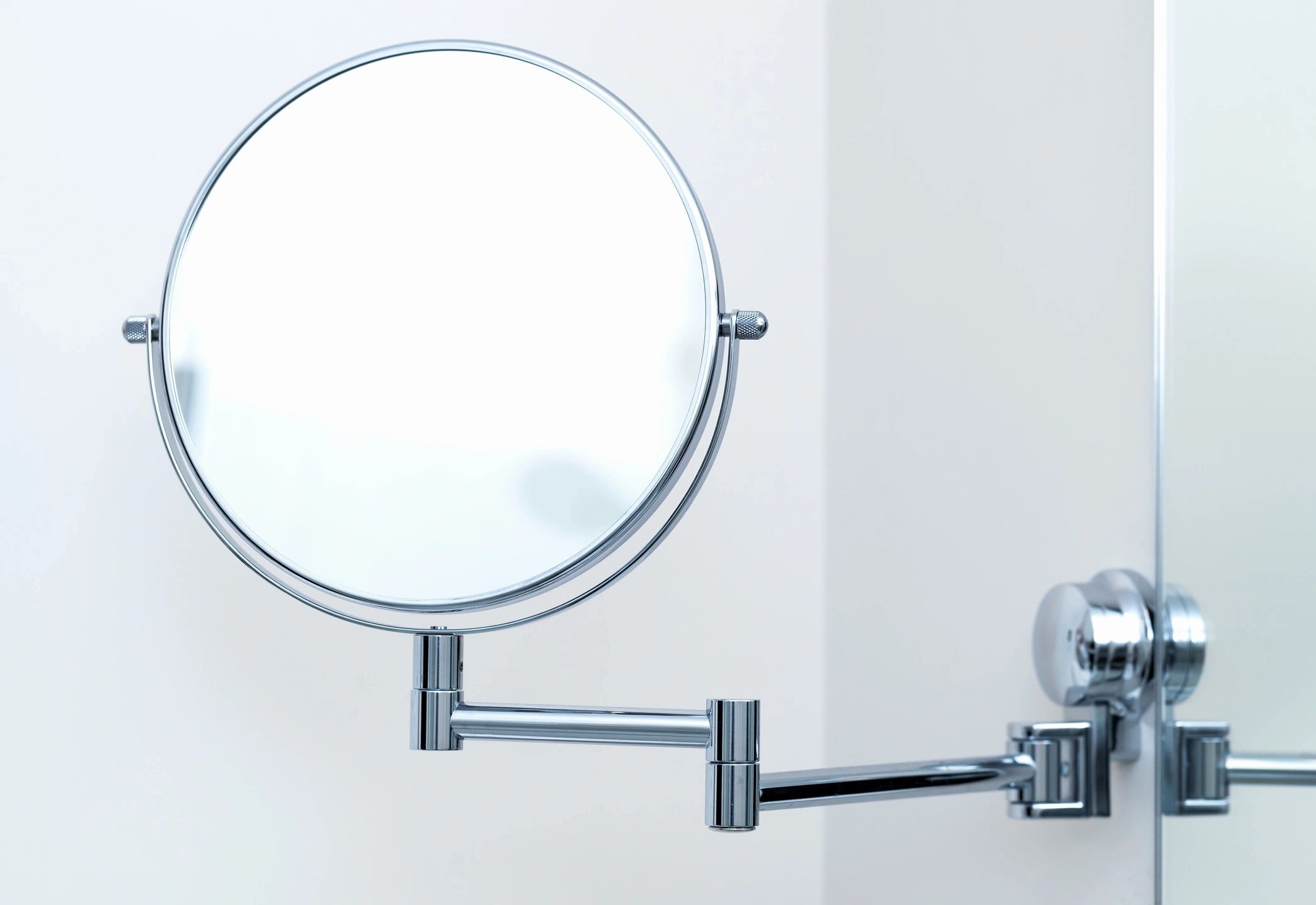One of the most important things we can do as citizens is to engage in our rights to peaceably assemble and petition the government for redress. Those rights are enshrined in the First Amendment — and many people right here in Idaho Falls have been taking advantage of these rights to share their opinions and ask the government to right wrongs.
While I haven’t been able to attend all of these events, when I have participated, it’s been encouraging to see the overwhelmingly positive response. People passing in cars honk and wave. Some even find a parking space and come to join the groups on the bridge or along the Greenbelt.
A few years ago, these events would have drawn fewer people and more derision than support. We’re seeing a change — and that’s a good thing.
However, it’s important to recognize that we all still have work to do. Even though I like to think of myself as “woke,” the reality is that I have blind spots — we all do. We like to think of ourselves as good people, and most of us really are. That doesn’t mean that we aren’t complicit or that we don’t have implicit biases. Harvard has an interesting implicit bias project that allows you to see where you might have biases that impact your perceptions and behavior, even when you’re not consciously aware of it.
This can be hard work. We don’t like to be confronted with the idea that we might be wrong or that we might need to make changes in the way we interact with others or perceive the world. It’s important work, though. We should treat each other with respect and dignity. And, while we probably think we do so, it’s important to recognize that there are some systems in place that do, in fact, strip others of their dignity.
We’ve seen it in the difference in the studies that document racial disparities in sentencing. And for decades, we’ve seen that some groups are marginalized to the point where they can’t even expect basic employment rights that many of us take for granted. The Supreme Court’s recent ruling recognizes that LGBTQIA+ people shouldn’t be discriminated against when it comes to work.
It seems obvious. No one should be discriminated against. We all pretty much agree. Yet, in practice, discrimination against those we view as “the other” has been upheld through centuries of our history. Our own implicit (and sometimes explicit) biases direct us to ignore these realities.
Now is the time to look inside ourselves. We need to understand that now is the time to listen to others and do the hard work of actually addressing our blind spots. Only when we make that effort can we begin to be part of the solution.
Miranda Marquit is a nationally recognized financial writer and money expert. She is the state committeewoman for the Bonneville County Democratic Central Committee and a Democratic House candidate for District 33.

